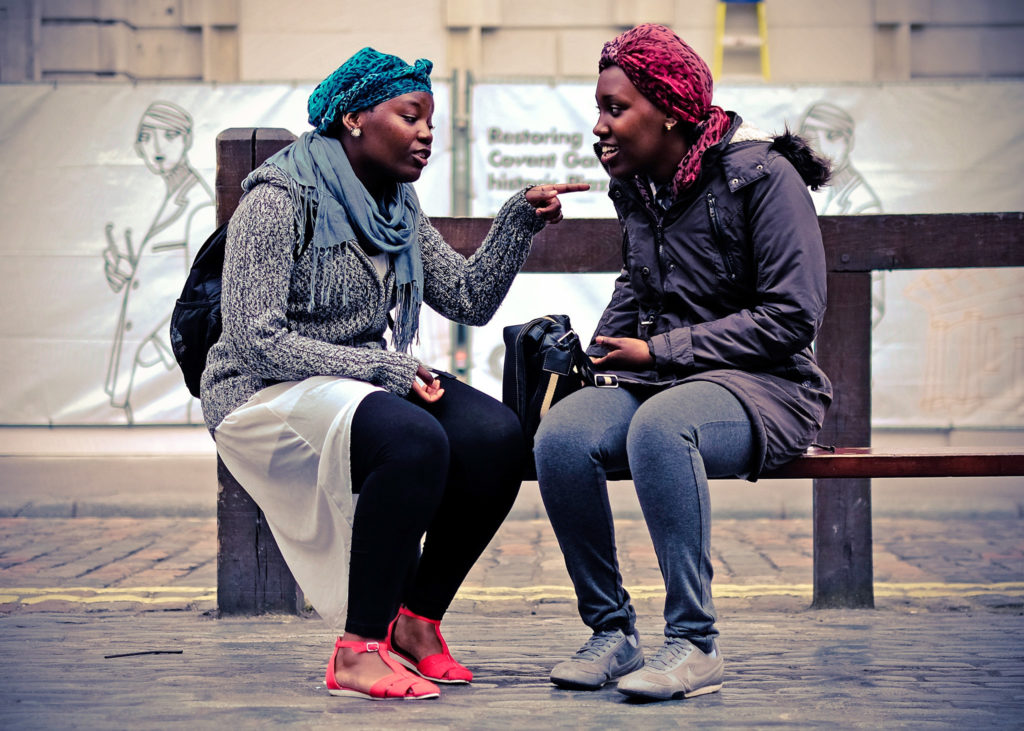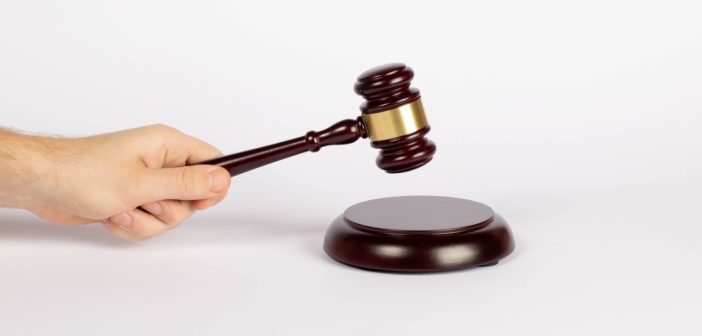Vegans often get told they are judgmental. Judging others is a very human thing, and for mere mortals, it is probably more or less impossible to be non-judgmental all of the time. So yes, just like anyone else, vegans too can be judgmental. And given how passionate we are about the idea that using animals for food and other purposes is wrong, we may very well be more judgmental than the average person.
However, vegans may also come across as more judgmental to people than we actually are. That’s because many people feel guilty about consuming products they know are not in accordance with their values. The judgment they feel coming from vegans may actually be their own judgment of themselves. That’s why they will often be defensive when talking with vegans (or even being in their presence).
But whether we are judgmental, or just appear judgmental, we’ve got a bit of a problem in both cases.
Why is being or being seen as judgmental a problem? Simply because most people who feel judged will probably be less likely to listen to you and change. No one (or virtually no one) likes a judger. When someone is passing judgment (or appearing to pass judgment), people hear or read this as “what you are doing is not okay.”
This for most of us is annoying enough in itself (we don’t like to be told what to do; we’re adults, you know), but even worse: in our poor, insecure minds it is often easily translated to “You are not okay.”

You may object: “But my mom changed after I told her she was this or that.” Maybe, but my guess is that means that she already had the seeds of change inside her. It’s most unlikely that it was your judging attitude that made her change.
You may think: “But eating meat is not okay, is it? So I should be allowed to pass judgment on it. I have to speak out about it…”
I definitely understand. We really are convinced that eating animal products is not okay. Should we pretend that it is? I’m not saying we should. But again, sounding judgmental will probably not be very helpful in opening people’s hearts and minds to change.
Trying to not come across as judgmental is not hypocritical or dishonest, by the way. I have hundreds of thoughts every day that I am not expressing to other people. I’m sure it wouldn’t be beneficial if everyone could hear all of them.
So I think we are on safe grounds when we assume that a judgmental attitude is not helpful. Assuming we want to help animals, we need to open hearts and minds, and judgments tend to do the opposite. So: how do we avoid being judgmental? It’s not easy, because judgments are thoughts and feelings, and we have only limited control over those (much less than over our actions and behavior). But here are some things to try.
- Grow your self-awareness. Try to catch yourself when you are being judgmental. This takes practice, but it’s worth it, because self-awareness is very useful in general. Being aware of our own shortcomings, and catching ourselves when we do stuff we don’t want to be doing is really important for… well, for world peace, you know.
- Realize that you don’t know people or their situation. A good exercise is to try to think of something that the people you are judging might be experiencing. Realizing they might have a good reason to do what they do or to be how they are can make you milder in an instant. If you’re irritated with someone who bumps into you while rushing through the street, you could think of the many possible valid reasons why they are really in a hurry.
- Realize that everyone is different. We were raised in different ways, have different genetic makeup, and have had different lives. Because of all this, some people may need more time than others, or will do things in different ways. You could try to imagine one or more reasons people could have for not being like you.
- Realize that you’re not perfect. Just because you’re a vegan doesn’t mean you’re perfect in all aspects of your life. This again comes down to self-awareness. And it comes down the old saying: may he (or she) who is without sin, cast the first stone. In other words, who are you to judge?
- Remember that you (probably) were a meat eater once. You’ve done the same things. And if you think you went vegan from the moment someone told you it was wrong to eat animals, read the myth of the overnight vegan conversion.
- Realize that people who are not vegan may be doing other great things, which you might not be doing. They may be helping in a shelter, they may be volunteering for some human relief organization, they may donate a lot of money to good causes, or whatever. Know that the impact they have with those other activities may even be bigger than the impact you have with just avoiding animal products (see The fetish of being vegan)
- Think of a situation where someone judges you for things you’re doing wrong. Someone who’s more strictly vegan than you, maybe. Think of how you react to that. Try to be honest: you may think you are Ms. or Mr. Rational, who will admit to being wrong and change your behavior immediately whenever you are wrong. That may be true, but it probably isn’t.
- Realize that trying to be non-judgmental is a matter of effectiveness, and that if you can suspend judgment, this will be better the animals, for the person you would be judging, and even for you.
I wish you (and myself) good luck in trying to be less judgmental!
Featured image: a judge’s gavel. Image credit Marco Verch Professional Photographer, CC BY-SA 2.0.





